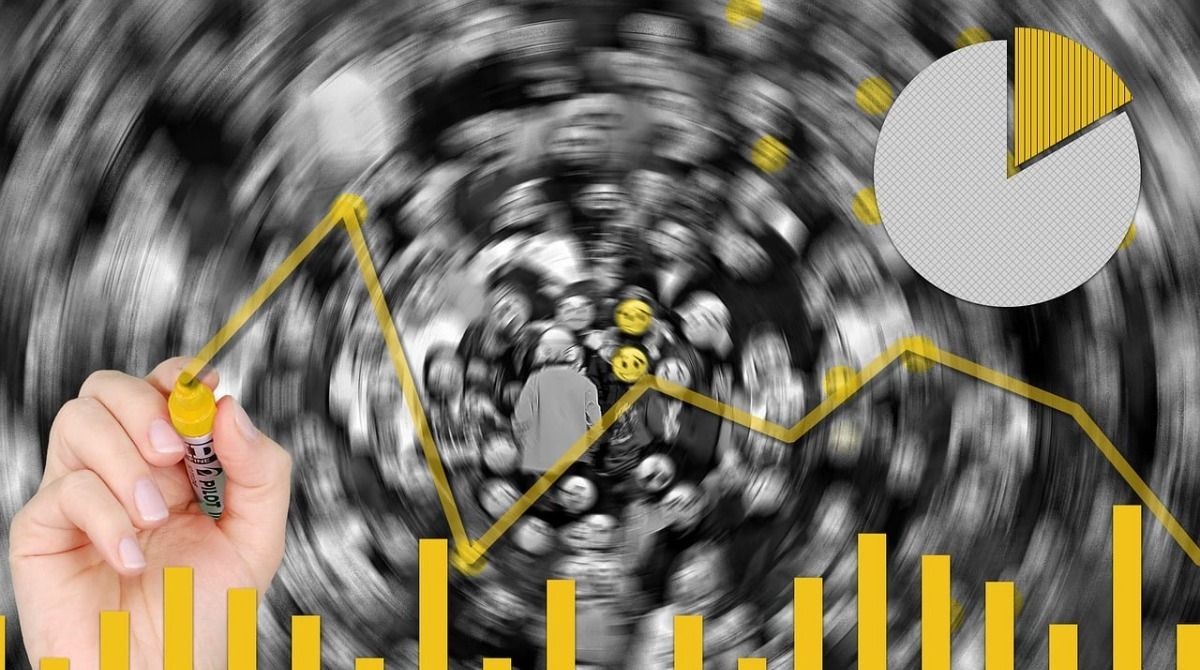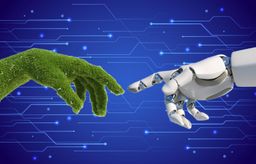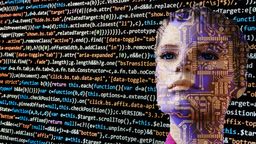He big data also known as ‘big data’ plays an important role in modern society, affecting daily experiences and habits in ways most people cannot even imagine.
To establish a simple context, it is about large volumes of complex data that can be used to generate knowledge and improve efficiency and productivity in different areas.
Today, there are millions of companies generating data at a very fast pace. These are present all over the world with some great protagonists: streaming platforms and social networks. Using Facebook as an example, this generates more than 500TB of data every day. This data includes images, videos, messages, and more.
The concept of big data It’s not new, but most companies now understand that if they collect all the data that comes into their hands—potentially in real time—, they can apply analytics and get great value out of themmaking immediate decisions and with an excellent information quality, which gives all of them a competitive advantage that they did not have before.
Why is big data analytics important?
“Big data has become the key tool for many companies that already base all their decisions on it. 2023 may mark the beginning of a change of approach in data analysis”explains Óscar Quero, director of the Master’s Degree in Cybersecurity and Business Intelligence at OBS Business School. “The possibilities of big data development could be considered infinite”Add.
By collecting insights through customer buying habits, large-scale surveys, and case studies, organizations they can predict what customers need and create new and innovative products and services that better meet those needs.
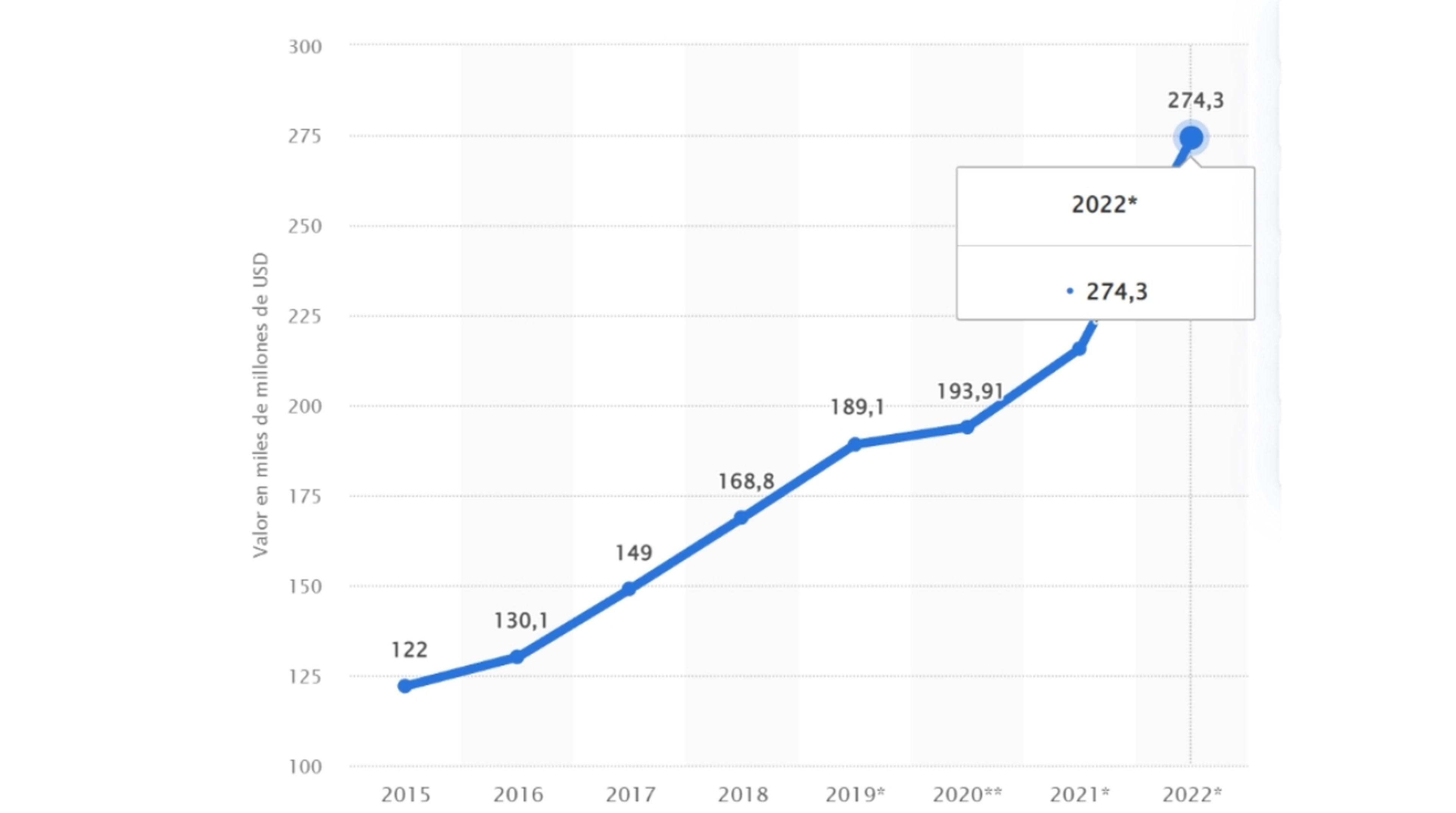
Netflix is an example of a company that uses big data to understand your users and target them with personalized suggestions based on their viewing history.
Up to 80% of Netflix streaming is influenced by its algorithm-driven recommendation system. This behavioral data is used to create a better customer experience.
‘Amazon Fresh’, a section of this great company, also takes advantage of data collection to better understand how suppliers interact with supermarkets and how customers buy food. This allows Amazon to know when there is a need for change and improvement in the process or product.
In short, its relevance is based on 3 concepts: cost reduction, faster and better decisions and development and commercialization of new products or services.
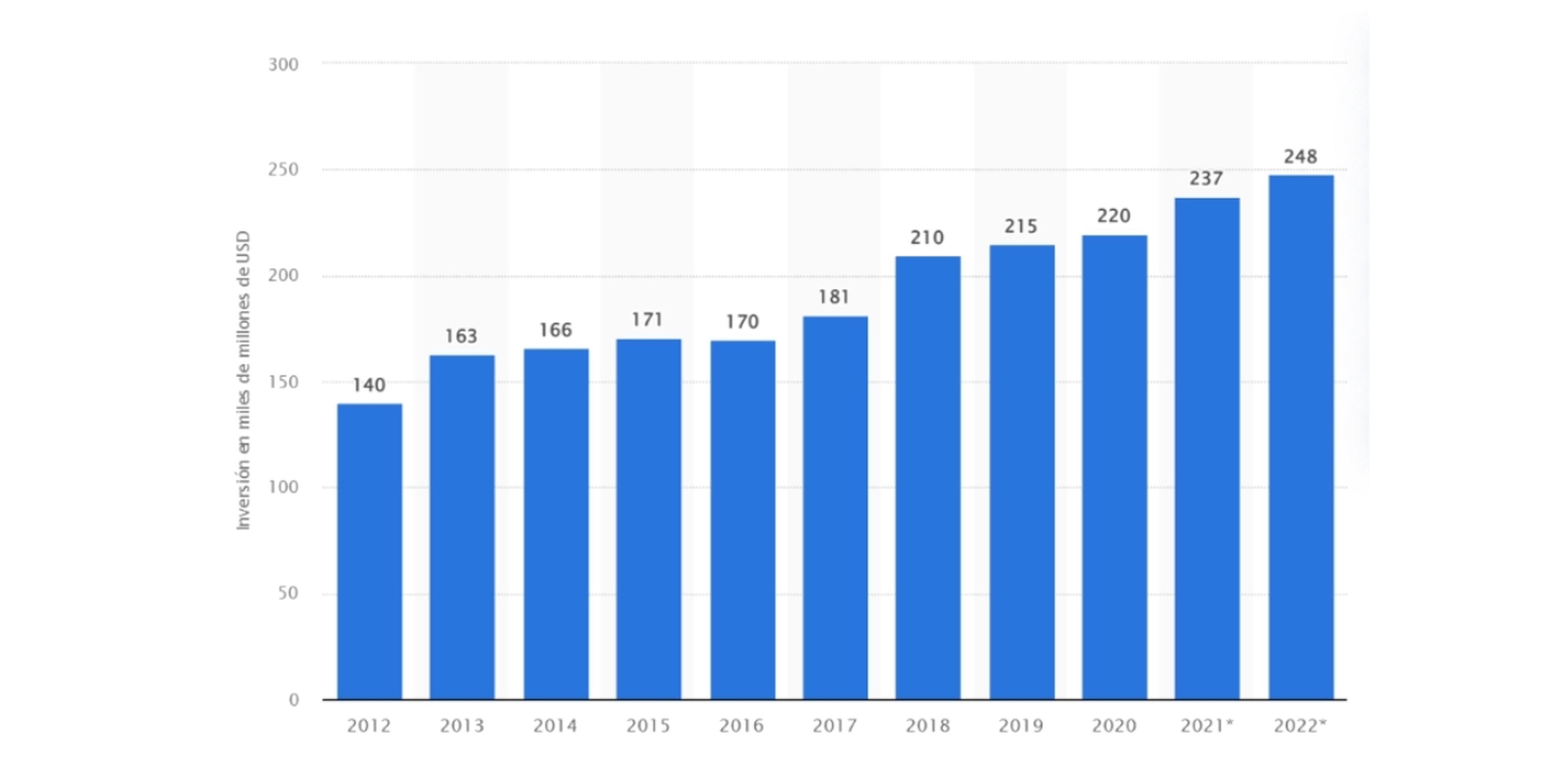
It is true that many are skeptical about the implications of the big data for privacy and security. People wonder how exactly the information will be used, who has access to it, and what happens if it falls into the wrong hands, but it is very important to show that its benefits outweigh its disadvantages.
“Another area where big data will also have a lot of influence in the coming years is cybersecurity because of the great value that data has for cybercriminals. These solutions create predictive models to help generate alerts of possible threats before they actually occur”explains Oscar Quero.
‘Big data’ and Artificial Intelligence: a close relationship
This whole process based on managing large amounts of data can be challenging, so this is where artificial intelligence comes into play. AI applications are crucial as data analysis tools. big datasince they can detect patterns and offer cognitive functionalities for large amounts of data.
Businesses can extract more valuable information from their data and gain a long-term competitive advantage. These and AI are merging into an inseparable relationship, where AI is useless without data and the data domain is very complex without AI.
This technology it allows machines to perform tasks similar to the use of human capabilities. Systems can therefore make intelligent decisions without the need for a people-based environment.
According to Forbes and recent research, the combination of AI and big data You can automate almost 80% of all physical work, 70% of data processing work, and 64% of data collection tasks. This suggests that the two concepts have the potential to greatly affect human work, enhancing its capabilities, but not replacing it.
“If a business initiative of this type is to be a success, it is critical to combine technology and human intelligence; For this reason, companies must have trained professionals who are in charge of optimizing the models and know what are the appropriate questions to ask the system”qualifies Óscar Quero.
The health sector and the potential of data and AI
One of the large sectors where the big data really has a special contribution is health, even saving lives. The reality is that as the amount of data in this sector increases considerably, a digitized system is increasingly necessary.
To this we must add that medical information is especially complex and relevant, so the better documented it is and the more investment is made in this aspect, you can really talk about an improvement in the quality of life.
For example, the Kaiser Permanente health system in California has developed a data management system to track and predict the spread of infections, which account for more than 700,000 preventable illnesses and 75,000 hospital deaths each year.
Another clear case of use that specifies an OBS School report is the ‘Watson for oncology’ service, an IBM tool that allows health professionals to provide answers about their patients’ pathologies and recommend the best treatments.
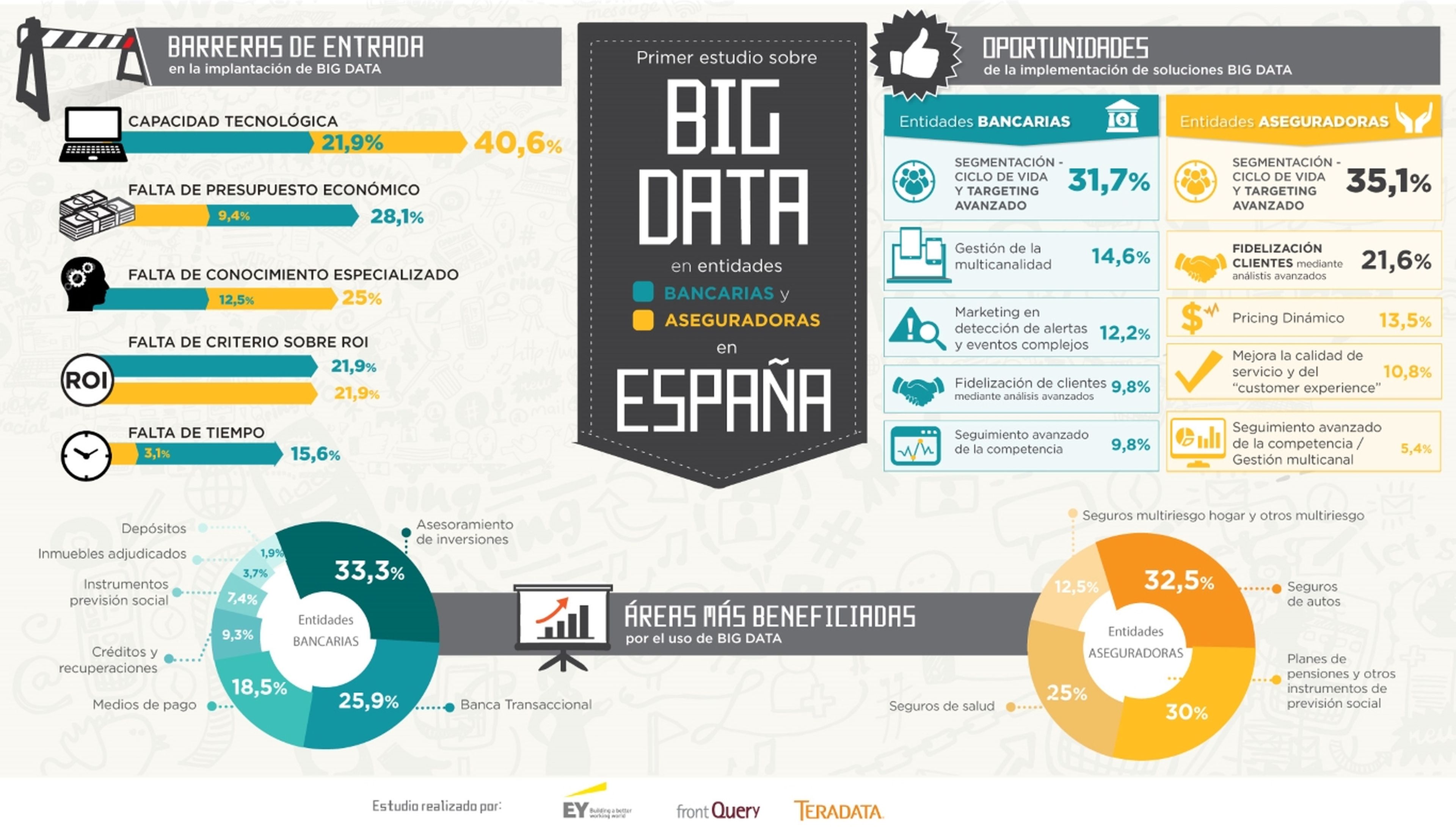
Of course, big data and AI are also used to help with simpler healthcare tasks like workflow and administration. Researchers at the Center for Clinical Data Science trained a machine learning algorithm to detect movement when patients undergo computed tomography (CT) scans, for example.
The truth is that the pandemic has encouraged investment in this area, but the OBS report admits there is still a long way to go. “The challenge is for all this to also permeate the public sector, which is quite reluctant to incorporate such innovative solutions”says Oscar Quero.
Whether privately or for the public good, the big data promises to save time, money and energy. You just have to know how to interpret the data, how to act on those interpretations, and how to protect yourself against cybercriminals for the collective benefit.


